Becoming Part of the Family in El Salvador
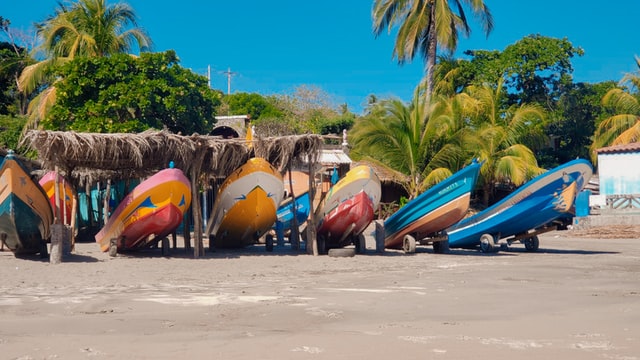
I had met Silvia and Eliezer earlier that day traveling through Honduras to El Salvador. As we laughed our way toward the border, Silvia offered to give me a ride to San Miguel so that I could meet the rest of her family. I accepted, and Silvia brought me back to her home where she prepared a big plate of meat, gallo pinto, and tortillas.
The last bus to Las Flores had already left, but Silvia said that her family would be willing to drive me the 1.5 hours to my destination if I gave them enough money for gas. We all piled into the truck and huddled under a sheet of plastic as it started to rain.
The glow of their simple happiness and humble generosity made an impression I still carried with me, years later.
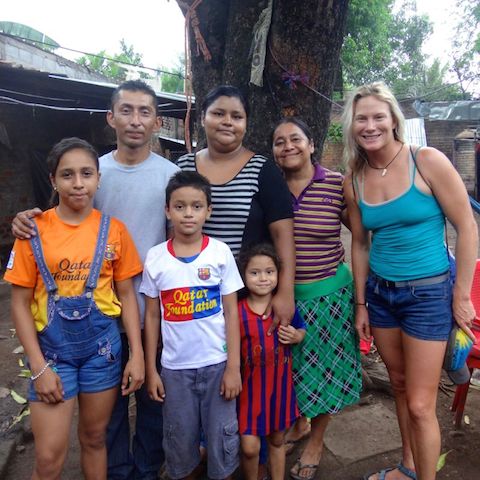
As we got drenched together in the back of the truck, I thought about how fortunate I was to have met this family—a family that was game to befriend a crazy gringa with a gargantuan board bag and to drive her to Las Flores in the middle of a rainstorm.
After I’d gotten settled in at Las Flores, I set out for the top of the hill. I told myself I was just going for a walk, but in my heart, I was looking for something—a different family, one that I had met three years before while climbing a mango tree.
It was nearing dark when I turned onto the road where they had lived. I saw a glow of light and some people in a modest dwelling. Tentatively, in Spanish, I inquired about a family with a boy named José. Someone called into the house, and a boy emerged, a little taller, features a little more pronounced but with the same black cowlick of hair and the same million dollar smile.
Becoming Part of the Family in El Salvador
His mother Reina got up from her hammock. “Sientate,” she said, “Sit!” She gestured invitingly to the hammock, just as she had done three years ago. I explained how her husband, Josito, had once rescued me from a mango tree, and she laughed as she recalled the memory.
I had been picking mangoes from a tree out front when I got stuck in the high branches. Josito ran out of his house and helped me get down; then he climbed the tree himself, filled a bag with mangoes and handed it to me. José showed me how to throw rocks at the mangoes to make them fall to the ground. They invited me into their hut, a simple structure with corrugated tin walls. José offered me crabs that they were eating from a bucket. He pointed to the crabs and said “cangrejos” until I repeated it back to him, making a game of teaching me Spanish.
Check out Pink Pangea’s Writing, Yoga, and Meditation Retreats.
The glow of their simple happiness and humble generosity made an impression I still carried with me, years later. And here I was, welcomed again with open arms. Since my last visit, they had made improvements to the hut, installing cinder block walls, dividing their dwelling into rooms and adding a stove and refrigerator. Josito had a job at one of the surf hotels. Ruefully, I remembered my resentment at the crowded surf, understanding that it had literally helped to put a roof on this family’s house.
Reina invited me for dinner. She had planned to cook iguanas, but Josito hadn’t been able to hunt them due to the rain. So instead, she made a huge plate of chicken, rice, vegetables, and tortillas, urging me to eat before it got cold. The others slowly filled their small bowls with food. I didn’t see anyone else with chicken; I wondered if I was given the one piece they had. I’m usually a picky eater, but I gnawed the chicken to the bone, eating fat, gristle and all.
Though their situation had improved since I last saw them, the family was still poor, at least by middle class American standards. Josito told me how he had worked two jobs for months, subsisting on no sleep. The lines on his face, the empty spaces between his teeth, told the story. He jokingly referred to their youngest child, one-and-a-half-old Robin, as a cajero, or cash machine.
Back when I had been preparing for my trip, countless people cautioned me against traveling through Central America and Mexico alone. “You’ll get robbed,” they said. “The people down there are desperate.”
Back when I had been preparing for my trip, countless people cautioned me against traveling through Central America and Mexico alone. “You’ll get robbed,” they said. “The people down there are desperate.” But I didn’t get robbed, until I returned home to California and had my backpack stolen out of my locked car. And though the people I met were poor, I wouldn’t describe them as desperate. They were kind. They were generous. And they treated me like family.

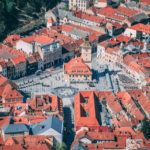

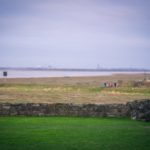
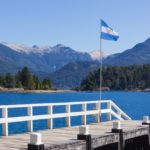
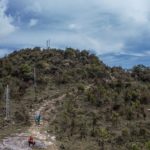

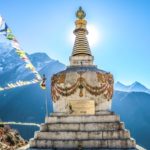
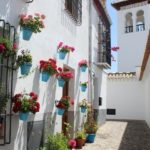
I’ve spent most of my life traveling through Mexico and Central America. My favorite places are off road, where you don’t see any tourists. For the most part, my stories are like yours: I’ve met generous people with big hearts, but not all of my experiences have been good. I was kidnapped by the Honduran Military Commandos. I’ve never written about that time, but I will tell you, don’t get lulled into thinking things like this can’t happen to you. Brenda
Thanks for your perspective Brenda. I’m sorry that happened to you. The point of my story was not that Central America is “safe” but that I took a risk and had a good experience. And also, that bad things can happen anywhere, even close to home.